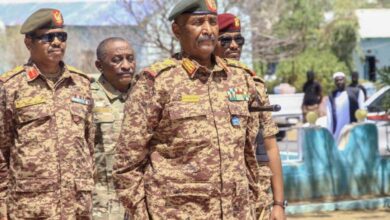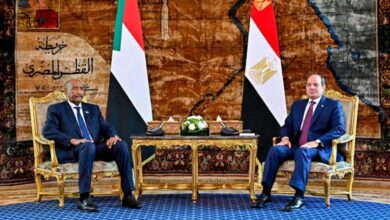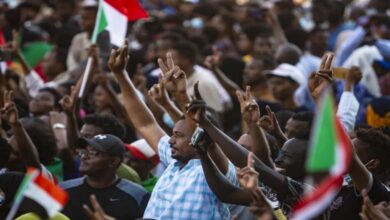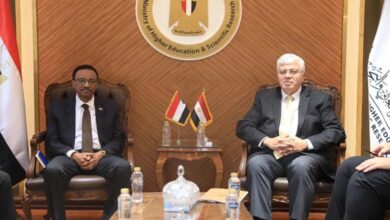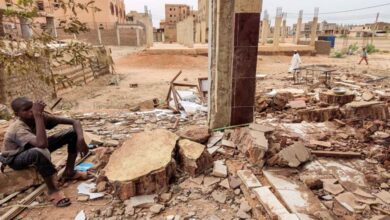Dbeibeh tries to block Libyan parliament, Baghacha front-runner to succeed him
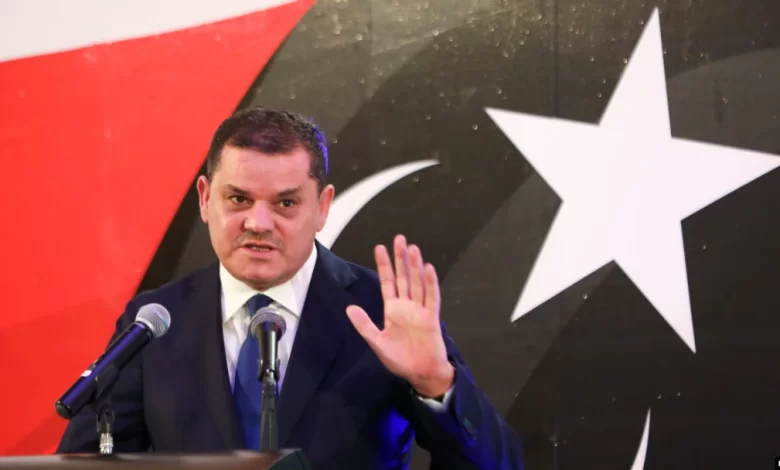
Months after Abdul Hamid Dbeibeh refused to hand over the government and made accusations and allegations to the Libyan parliament, the House of Representatives is seeking to select a new prime minister.
Bashagha nominated for Prime Minister
After extensive consultations among members of the Libyan House of Representatives and the closure of the nomination period to head the new Libyan government, parliamentary sources revealed that Fathi Bashagha, former Minister of the Interior in the Government of National Accord, is a strong candidate to assume the presidency of the new government.
The sources added: Bashagha, who presented his candidacy along with former deputy head of the unity government Ahmed Miitig, has broad support in parliament.
Dbeibeh’s attempts at obstruction
It continued: The head of the national unity government, Abdul Hamid Dbeibeh, is trying to disrupt the parliament, which is scheduled for later, in order to choose a new prime minister.
The sources indicated that Dbeibeh is trying to hold on to his position by all means and to implement several steps to obstruct the parliament and improve its standing before the parliament and the people.
The First Deputy Speaker of the House of Representatives, Fawzi Al-Nuwairi, supports the current President of the Libyan Government in these efforts; he has summoned the deputies from the capital, Tripoli, to the meeting on Monday, which risks losing the quorum at the planned meeting in Tobruk.
He accused some MPs in the Libyan-al Nuwairi parliament of trying to deepen the division within the assembly, which is in permanent session.
In previous statements to local media, MP Jibril Wahida said that Bashagha has a strong opportunity to head the new government and is capable of controlling the capital and countering the domination of militias and hijacked institutions in Libya, such as the Central Bank.
Local observers see the whole process as threatened, especially as Dbeibeh refuses to hand over power and the international community is pushing hard for its survival.
Dbeibeh refused to hand over power, accusing the speaker of parliament of what he described as a desperate attempt to re-divide Libya, saying: The political agreement defines the nature of the relationship between Libyan bodies and institutions, confirming the continuation of the work of his government.
While the UN Secretary-General’s Special Adviser refuses to change the government of Dbeibeh, increasing obstacles in the way of the parliament to form a new government after the elections that were supposed to take place, according to the Political Dialog Forum roadmap in Geneva, on December 24, faltered.




